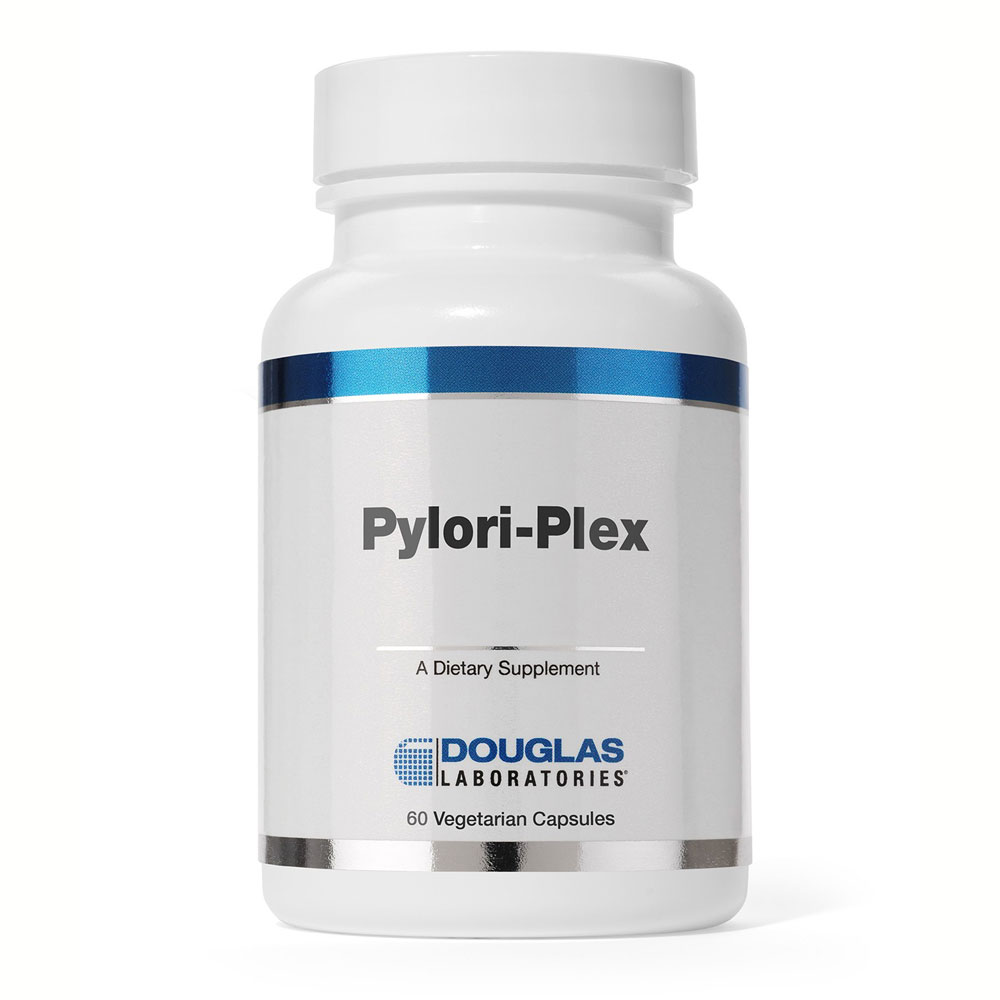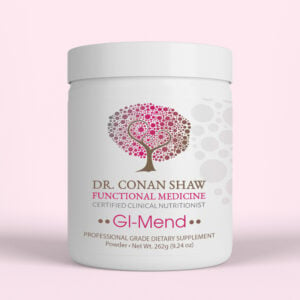Description
A peptic ulcer is a sore in the lining of the gastrointestinal system, usually found in the stomach or duodenum.
It is created when the lining of the gastrointestinal tract becomes eroded. Once thought to be caused by
chronic emotional stress or spicy foods, it is now recognized that the development of an ulcer is sometimes
due to the presence of Helicobacter pylori. Although most bacteria are killed when exposed to the highly acidic
nature of the stomach, H. pylori can survive in the thick mucus that coats the gastrointestinal tract. The
bacteria’s presence can then cause an immune response in the body, eventually leading to inflammation and
gradual erosion in the stomach lining.
Mastic gum, a resin obtained from the tree, Pistacia lentiscus, is used traditionally in the Mediterranean as both
a food ingredient and a traditional healing plant for the gastrointestinal system. Several animal and human
studies indicate that it may have the ability to reduce the H. Pylori bacteria. This in turn can play an important
role in supporting the body’s exposure to H. pylori and maintaining the body’s natural defenses against ulcer
formation. Licorice has been used in Traditional Chinese Medicine for hundreds of years to support the body,
including the gastrointestinal system. It was often used as a demulcent, to soothe and coat the stomach and
throat. Marshamallow and slippery elm bark also have traditional uses as gastrointestinal-supportive herbs.






Reviews
There are no reviews yet.